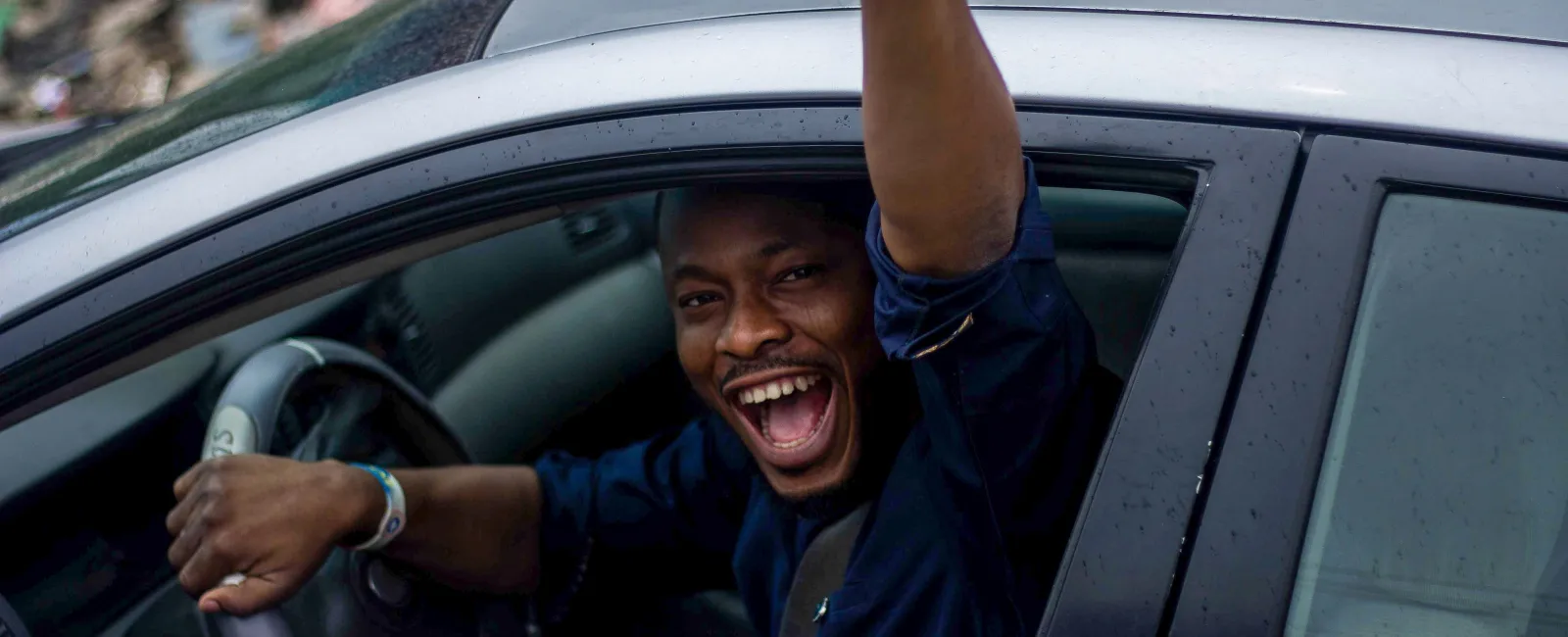Carjacking, kidnapping, weapons…oh my!
Last month, we published advice about keeping your teen driver safe on the road. We covered many of the issues that a teen driver can face and offered suggestions and conversation starters for parents. This installment provides advice about being safer from carjacking and kidnapping, less common occurrences for teens, but important to discuss so your teen is equipped if the situation arises.
The most recent data from the Department of Justice indicates that on average, over 35,000 carjackings are committed each year. Young people are more likely to be victims, and in 74% of the cases, a weapon is used to commit the crime. Carjackings can take place anywhere, and they tend to be crimes of opportunity. Criminals seek cars that are left running or left with the keys in them, or cars that are easily accessible. Carjackings happen frequently at gas stations when the driver is standing outside the vehicle, when the vehicle is stopped in traffic or elsewhere, or when the driver is approaching and unlocking the vehicle. Easy access and opportunity are the key. Reduce your risk by removing those variables.
Keeping Your Teen Driver Safe 102 ~ Carjacking prevention tips
- Always lock your car when filling up at the gas station, keep your keys in your pocket or in your hand and don't forget the security alarm button on your key fob. Use the alarm to create a distraction if you are in danger.
- It may take longer to fill up, but selecting busy times at the gas station can reduce risk.
- "Only for a minute" is all a carjacker needs. Never leave your car running when you're not in it, even if you're somewhere that feels "safe."
- As you approach your vehicle in a parking lot, be alert to any people who are near you or near your vehicle. If someone makes you nervous, turn around and get away.
- Be alert when entering parking lots. Notice anyone hanging out, walking around randomly, or sitting in a vehicle. Avoid parking near them and be watchful as you exit your vehicle.
- When stopped at a light or in traffic, leave space in front of your vehicle so you can pull away if someone approaches you.
- Alone anywhere at night increases risk; if you must be out alone at night, heightened awareness of your surroundings is extremely important for safety.
- You can be carjacked at a drive-up ATM; choose busy bank times to use the ATM, never put your car in park, look around continually while you are handling your transaction. If anyone approaches, pull away quickly before they reach your vehicle.
- Never put politeness in front of your safety. If someone is walking toward you or your vehicle in a public setting, driving away or running away should be your first response, don't wait to find out what they want from you.
Action steps if facing a carjacker:
- Do not try to protect your car, it may end up costing you your life.
- If there are passengers in the car, make sure the carjacker is made aware, especially if they are children. Most carjackers are thieves, not kidnappers.
- Do what you are instructed to do, but have a goal of escape; run from the situation as soon as the opportunity presents itself. If the carjacker has a weapon, creating distance can reduce the likelihood of life-threatening injury.
- If the carjacker is making you drive somewhere or trying to put you in the trunk, the danger has increased exponentially. Understand that this may be a very different crime with a more ominous outcome, and take steps to prevent that, even if it means crashing the car.
The US Department of State offers some additional advice regarding carjacking in this briefing
Revved Up Kids has trained tens of thousands of children to recognize dangerous people, avoid unsafe situations, and escape attackers. Our training programs are available for boys and girls in K-12th grade, for parents, and for youth serving organizations. Contact us to discuss protecting the children you love from predators and violence, 678.526.3335.

